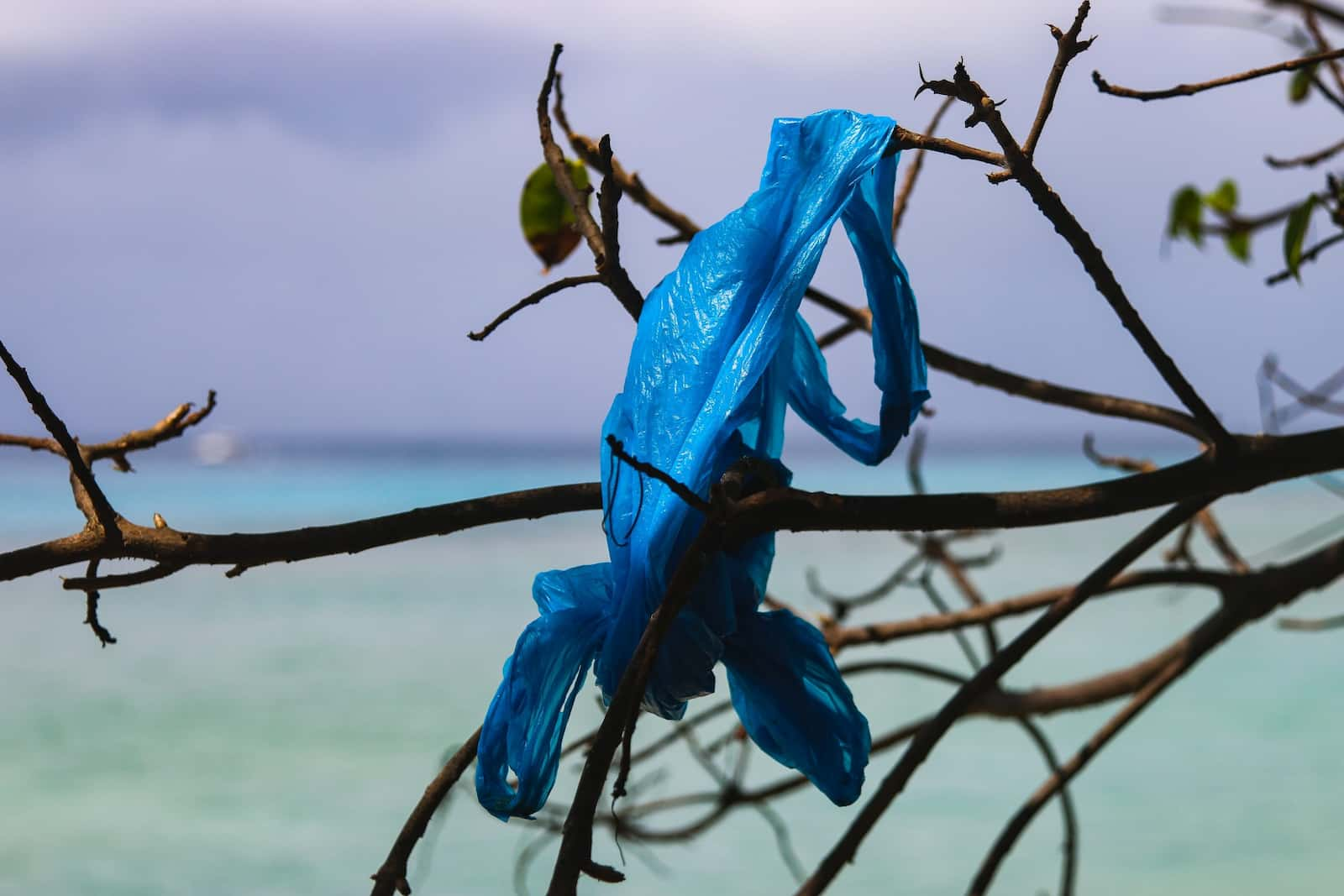
Rise Above Plastics
The ocean is turning into a plastic soup.
Most plastic pollution at sea starts out on land as litter on beaches, streets and sidewalks. Rain or overwatering flushes that litter through a storm drain system or directly to creeks, streams and rivers that lead to the ocean. After plastics enter the marine environment they slowly photodegrade into smaller pieces that marine life can mistake for food, sometimes with fatal results. Ocean gyres concentrate plastic pollution in five main areas of the world’s ocean and various research groups are bringing back alarming data documenting plastics impacts.
Plastic Is All Around Us (And In Us!)
It's in our homes, offices, vehicles, yards, and playgrounds. We make and use it to package food, bottle products, bag produce, and construct dinnerware, utensils, toys, and more.
Plastics have undoubtedly helped us to manufacture, package and ship goods more easily, however, plastics pose a significant threat to our planet as well.
Part of the problem is plastic itself. The very qualities that make it an adaptable and durable product to use, also make plastic an environmental nightmare. Since plastics don’t biodegrade and instead break down under exposure to the sun's ultraviolet rays, they simply become smaller and smaller, eventually becoming microplastics. These microplastics get everywhere - they are in our air, water, and food - and are essentially impossible to clean up.
Bottom line: with the exception of the small amount that has been incinerated (which is also problematic), virtually every piece of plastic that was ever made still exists today in some shape or form.
Rise Above Plastics Mission
To reduce the impacts of plastics in the marine environment by raising awareness about the dangers of plastic pollution and by advocating for a reduction of single-use plastics and the recycling of all plastics.
Rise Above Plastic Grassroots Goals
We encourage YOU to help address these globlal issues locally with plastic reductions at home, school, work and for your entire community:
- Connect with Rise Above Plastics by attending a Surfrider Foundation Chapter meeting or following us on Facebook / Twitter.
- Spread the word to friends and family about the problems with plastics.
- Be a leader and have the biggest impact by directing a plastic reduction program at school/work or a plastic reduction ordinance with you local city council.
Learn more about reducing your plastic footprint by learning about going plastic-free, making your home ocean-friendly, and sneaky sources of plastic.
Ten Ways To Rise Above Plastics
Here are ten easy things you can do to reduce your ‘plastic footprint’ and help keep plastics out of the marine environment:
- Choose to reuse when it comes to shopping bags and bottled water. Cloth bags and metal or glass reusable bottles are available locally at great prices.
- Refuse single-serving packaging, excess packaging, straws and other ‘disposable’ plastics. Carry reusable utensils in your purse, backpack or car to use at bbq’s, potlucks or take-out restaurants.
- Reduce everyday plastics such as sandwich bags and juice cartons by replacing them with a reusable lunch bag/box that includes a thermos.
- Bring your to-go mug with you to the coffee shop, smoothie shop or restaurants that let you use them. A great wat to reduce lids, plastic cups and/or plastic-lined cups.
- Go digital! No need for plastic cds, dvds and jewel cases when you can buy your music and videos online.
- Seek out alternatives to the plastic items that you rely on.
- Recycle. If you must use plastic, try to choose #1 (PETE) or #2 (HDPE), which are the most commonly recycled plastics. Avoid plastic bags and polystyrene foam as both typically have very low recycling rates.
- Volunteer at a beach cleanup. Our chapter holds cleanups frequently.
- Support plastic bag bans, polystyrene foam bans and bottle recycling bills.
- Spread the word. Talk to your family and friends about why it is important to Rise Above Plastics!
